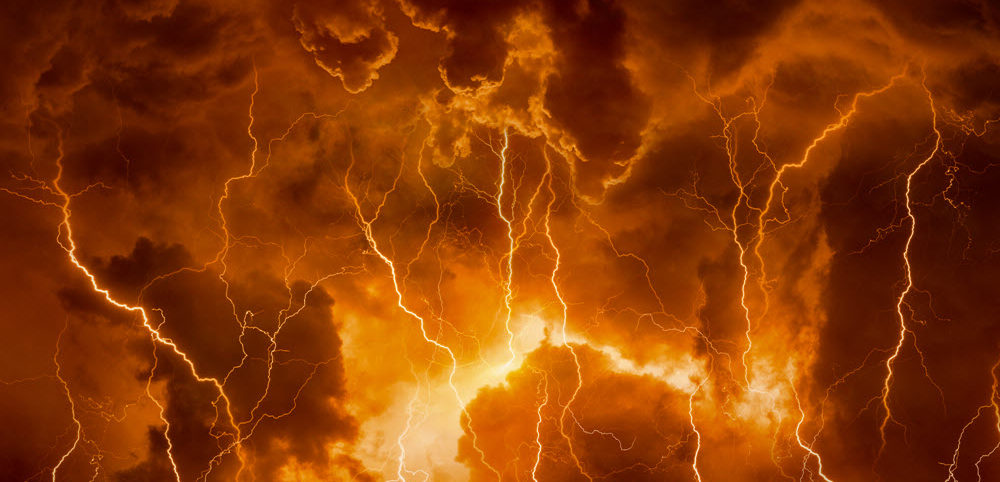This issue covers the recent Obama/Netanyahu meeting, discusses the danger of dividing Jerusalem, looks at a revealing survey of how Americans regard a nuclear Iran, and shows the proper use of the co
OUR ISRAELI CONNECTION
Mike Evans (Jerusalem Prayer Team) reports
Regarding Prime Minister Benjamin Netanyahu’s meeting with President Barack Obama, President Obama is trying to use his popularity to pressure Israel into a two-state solution. Liberal Democrats believe Obama, not Israel, can accomplish it. The president has made it abundantly clear that he is going to change the 42-year status quo. I am greatly concerned that Israel is again being used as the scapegoat to appease Arab rage in the Middle East. President Obama’s June 4th message of reconciliation to the Arab world will be delivered from Egypt, and Hosni Mubarak is gloating over the president’s selection of a venue. The Egyptians are not the only Middle Easterners captivated by Barack Obama. Many embrace the comments made by one Cairo book store owner who said, “We, in Egypt, love him…he is a just man and does not differentiate between religions.”
President Obama has indicated he might be prepared to link Israel’s behaviour during the peace process with the considerable aid the U.S. gives to Israel.
One Jerusalem reports:As Israel and Jewish people around the world celebrate the unification of Jerusalem as the capital of Israel and the Jewish people, a public opinion survey of American voters asked the following question:
Should the United States force Israel to give half of Jerusalem, including Christian and Jewish Holy Sites, to the Palestinians? 11.8% said Yes. 69.0% said NO. In other words the American public is at odds with the international movement to make half of Jerusalem the capital of a Palestinian State. In a related question: Do you think that if the Palestinians were given their own state in the West Bank and Gaza they would live peacefully with Israel or continue their campaign of terror to destroy Israel? 17.5% said Live Peacefully. 59.7% said Continue Terror.
The Significance of Jerusalem
The significance of Jerusalem extends far beyond its political, religious, and geographic importance. It is far more than a historical city. In fact, it is much more than a city. In Jeremiah 8:5 God uses “Jerusalem” to refer to all the people of Judah. If a major part of God’s eternal plan is the “New Jerusalem,” then Jerusalem must have both spiritual meaning and eternal significance. Jerusalem must represent something far beyond our earthly understanding of a city. For this reason, dividing her is not a matter to be taken lightly. I will explain more of her significance in future newsletters. I cover this topic in detail in my book The Israeli Connection, available at my website.
IT’S NEWS TO ME
A fascinating new poll by McLaughlin & Associates finds Americans are deeply and overwhelmingly concerned about the rising Iranian nuclear threat both to the U.S. and to Israel, and deeply concerned about the potential for Radical Islamic terrorists to acquire nuclear weapons from Iran. The poll also suggests the Obama administration’s apparent strategy of backing away from a full-fledged alliance with Israel – and strategy to pressure Israel to make unwise territorial concessions and potentially not defend herself from the Iran threat – could backfire politically, both for the White House and for Members of Congress who sign on to the President’s approach. Excerpts:
* Nine in ten voters (91%) say that Iran supplying a nuclear umbrella for terrorists is a serious threat to the United States
* Seven in ten voters (71%) say the United States will not be safe with a nuclear Iran
* Eight in ten voters (80%) say it is likely that Iran will launch a missile attack on Israel
* Three in four voters (77%) say it is likely that Iran will use the threat of nuclear attack to provide a shield for Hezbollah and Hamas terrorists to attack Israel
* The majority of voters approves of taking several specific actions to discourage the proliferation of nuclear weapons in Iran
WRITING TIPS
The colon is used after a word, phrase, or sentence to introduce something that follows, such as a formal question or quotation, an amplification, or an example. It replaces the words that is or for example, but should not be used after these words or after such as, namely, or for instance unless a complete sentence follows. 1. Bacteria are everywhere: in the air, in water, in milk, and in dust. 2. Of both centuries, meanwhile, two things are true: neither in itself presents much literary variety, and most of what is published in each has already been forgotten. 3. Cooking has various purposes: (1) to make food more digestible; (2) to make food taste better; (3) to make… Time flies like an arrow. Fruit flies like a banana.





I know it can be time-consuming to update your blog but thank you for keeping me informed and entertained!
Advantageously, the article is actually the best on this laudable topic. I concur with your conclusions and will eagerly look forward to your incoming updates. Saying thanks will not just be enough, for the wonderful lucidity in your writing. I will directly grab your rss feed to stay abreast of any updates. Good work and much success in your business efforts!
Very late on this reply, but I appeciate your support and will responding to comments much quicker now.